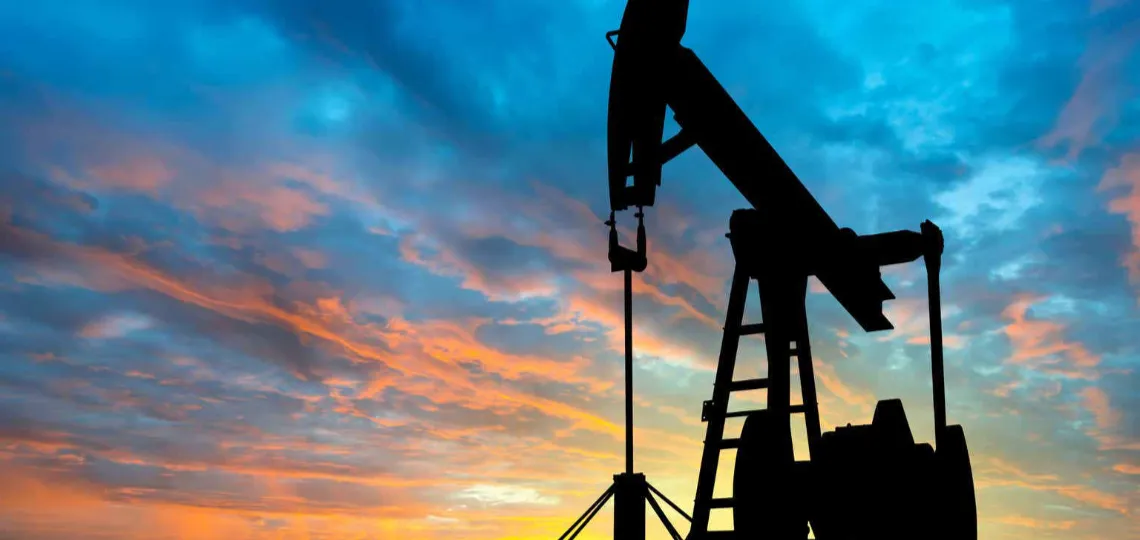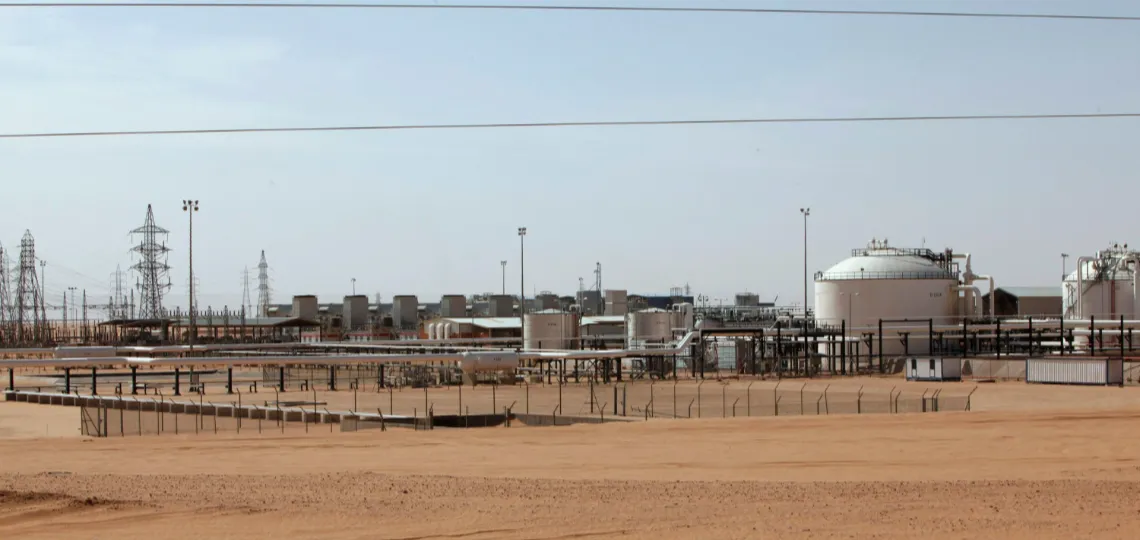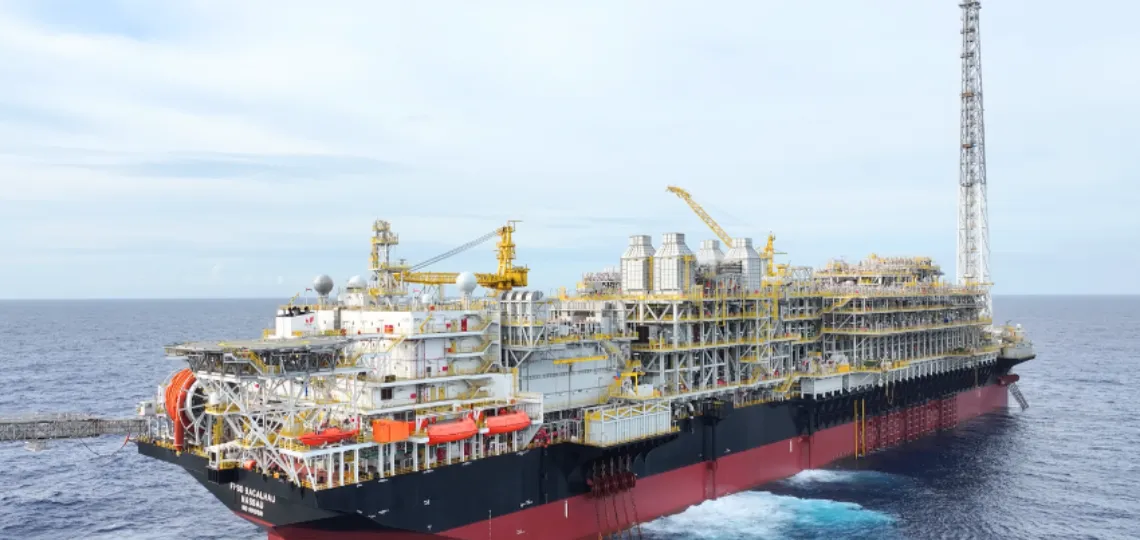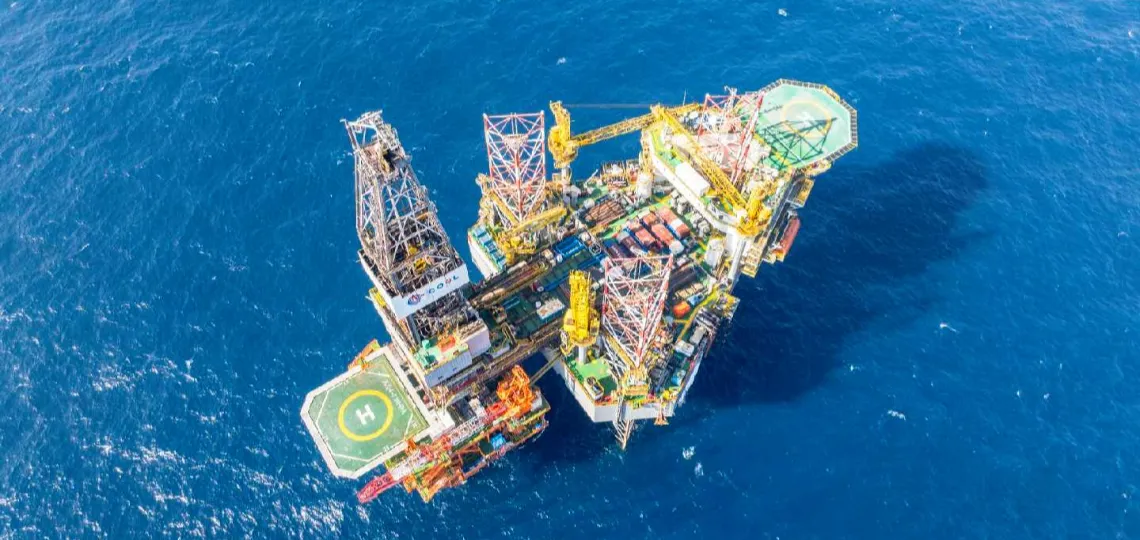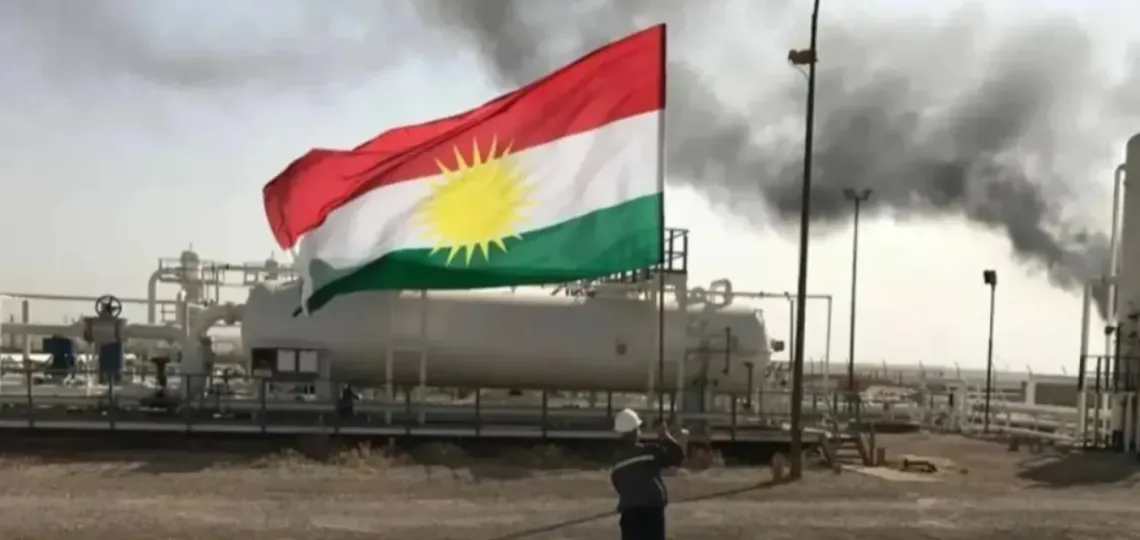Oil prices were falling further on Tuesday amid concerns that the health of the global economy is threatening demand prospects.
Around 13:30 GMT (15:30 in Paris), the barrel of Brent North Sea, for delivery in September, lost 4.51% to 102.29 dollars. The barrel of U.S. West Texas Intermediate (WTI), for delivery in August, dropped by 4.80% to 99.13 dollars, falling back below the symbolic threshold of 100 dollars a barrel.
Losses accelerated with the start of the U.S. session. Crude prices have been under pressure « since the beginning of the month due to concerns about demand, » commented Carsten Fritsch, analyst for Commerzbank.
« In the West, the combination of high energy prices and rising interest rates is fueling fears of a recession that would impact
serious » on the black gold market, he continued.
The increase in Covid-19 cases in China is also a concern for investors, raising fears of further closures. Macau began its first lockdown since the pandemic began on Monday to stem its worst wave of Covid-19.
« There is a slowdown in demand from the world’s largest importer of crude oil and concerns about what the
second-quarter growth on Friday, » says Victoria Scholar, an analyst at Interactive Investor.
For the analyst, the Chinese government is « once again sacrificing its economy in pursuit of draconian public health objectives ».
However, oil demand growth will continue in 2023, but at a slightly slower pace, in a pattern similar to the
global economic growth, according to the Organization of the Petroleum Exporting Countries’ (Opec) monthly report released Tuesday.
This is the alliance’s first forecast for next year. Demand in 2023 should be supported by « economic performance
countries, as well as an improvement in the geopolitical situation and the management of the Covid-19 in China, » estimated
the Opec.
At the same time, concerns about supply persist, especially with the sanctions on Russian oil. U.S. President Joe Biden will visit Saudi Arabia on Friday, hoping to convince Riyadh to put more oil on the market to ease prices.
But the Kingdom has benefited directly from the rise in prices since the start of the Russian invasion of Ukraine, notes Susannah Streeter of
Hargreaves Lansdown.
Saudi Arabia recorded its strongest growth rate in a decade in the first quarter, with a 9.6% increase in its domestic product
(GDP) over one year.
« It is therefore likely that there will still be reluctance to open the taps too freely, especially since the country is already thought to be operating near the limits of its capacity, » the analyst believes.





